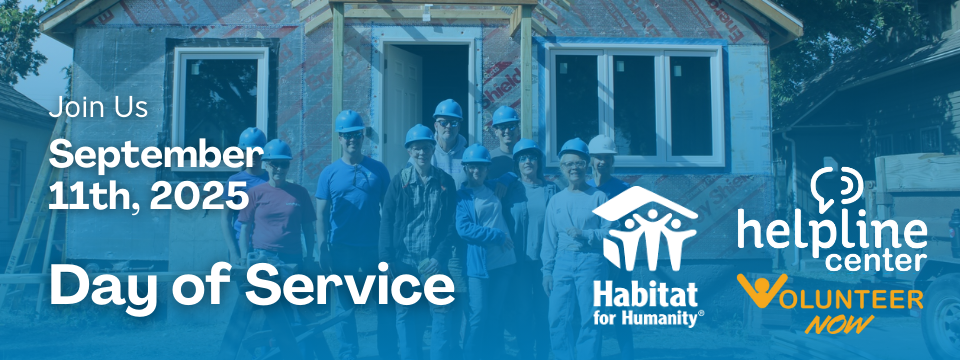CORE is seeking Local Coordinators in Rapid City, Spearfish, and Custer. Local Coordinators can expect to work 160-180 hours per year, and must be reliable, care about students, and their community.
Local coordinators will attend a 3 to 4 day training school in Rapid City (Paid for by C.O.R.E.) to learn the basics of a program. Any full time position, would be filled from these Local Coordinators.
As a Local Coordinator, there are certain traits and qualities that are beneficial to coordinating and organizing the Freshman Impact® program. Local Coordinators need a strong belief in C.O.R.E.’s mission, “Saving teen lives through interactive, preventative education” and C.O.R.E.’s principal beliefs. Local Coordinators are community leaders practicing good communication and organizational skills, of high moral character and professional in appearance and manner. To be a successful Local Coordinator, you do have to commit to the time and effort necessary.
Duties, Responsibilities & Expectations
1. C.O.R.E. Liaison – You are the local “go-to” person who organizes and coordinates the Freshman Impact® program at the community level following C.O.R.E.’s policies, guidelines and procedures. You are the communication link to and from C.O.R.E.. You are expected to follow C.O.R.E.’s values and direction(s) as it pertains to the changing/ improving of the program.
You will work closely with C.O.R.E.’s Executive Director as you plan and setup the Freshman Impact® program in your community. You are not on your own after attending the training. C.O.R.E. will work closely with you providing assistance, direction and resources. The Executive Director will meet with you weekly and attend some of your planning meetings. Never hesitate to ask a question or ask for help.
a. You will need to work with your local communities and schools to determine their local student concerns and needs. It is important that specific areas of need be recognized so the Freshman Impact® program can address those areas, i.e. bullying, social media activity, what kind of drug abuse, underage drinking, suicide history, teenage relationship issues, cultural diversity, etc.
b. Knowing the school’s concerns and needs will help you and your team to determine the type(s) of learning stations for the program. The learning stations should reflect a plan to help students and make them aware of these concerns and issues. The learning stations must meet the values and mission of C.O.R.E.
c. You will use the standard forms provided by C.O.R.E. and keep them updated throughout the planning and final phases of the program. C.O.R.E. provides the parent letters, waivers, flyers and posters. C.O.R.E. provides the student wristbands, visitor passes, evaluations, student bags, and other materials. C.O.R.E. provides the promotional materials to be used in the community
2. Positive Role Model – Role models are meant to inspire, instruct, and to set a good example. Local Coordinators, group leaders and all volunteers helping in the Freshman Impact® program should be positive role models for each other, the community, and most of all, the students. The most important thing you can do is to be honest, thoughtful and consistent. Positive role models aren’t perfect; but they show that what’s important is to be accountable for their mistakes.
Positive role models possess certain qualities that make them good role models.
- High moral values. They are respected for practicing what they preach. They behave ethically and demonstrate honesty.
- Confidence. They project confidence and have a healthy appreciation of their accomplishments.
- Hardworking. They demonstrate their commitment to a desired goal and are willing to invest the necessary time and effort to achieve success. Respectful. In order to be influential, they must show respect for others
1. Team Leader – You will be delegating local duties to others as you see fit for the program. You are not expected to do everything yourself but pick some key people to help you. You are the leader and conductor of planning meetings for your local program. You are also responsible for bringing the communities, citizens and the local department(s) together as a team to provide the best program for the freshman students in your area(s). This is done by communication throughout the planning process. The most effective kind of leadership is leading by example.
2. Fundraising – You are responsible to achieve the fundraising goal for your local program. Fundraising is essential to provide for student materials, supplies, food for students and volunteers, and support local scholarships. You will need to delegate and monitor volunteers who may fundraise in their respective communities to support the program. This is a big part of getting the communities involved and aware of what is going on with the program.
3. Building Relationships – It is important that you as the Local Coordinator build relationships with everyone involved in the program.
4. Community Involvement – Financial support is not the only involvement by the community. Public Service Announcements (PSA’s) and other venues should be utilized to get the community involved in the program. (Ex: Home Shows, School Events, Local Chamber of Commerce, Fliers, etc.) Service organizations are a great source of help, whether financial, or actually volunteering. The community benefits from educating our youth; and the community understands the needs of their youth.
5. School Involvement – Local Coordinators insure that schools are involved and invited as well as local EMS and Law Enforcement and businesses
To volunteer express interest below or call Rick at (605) 431-4672.


